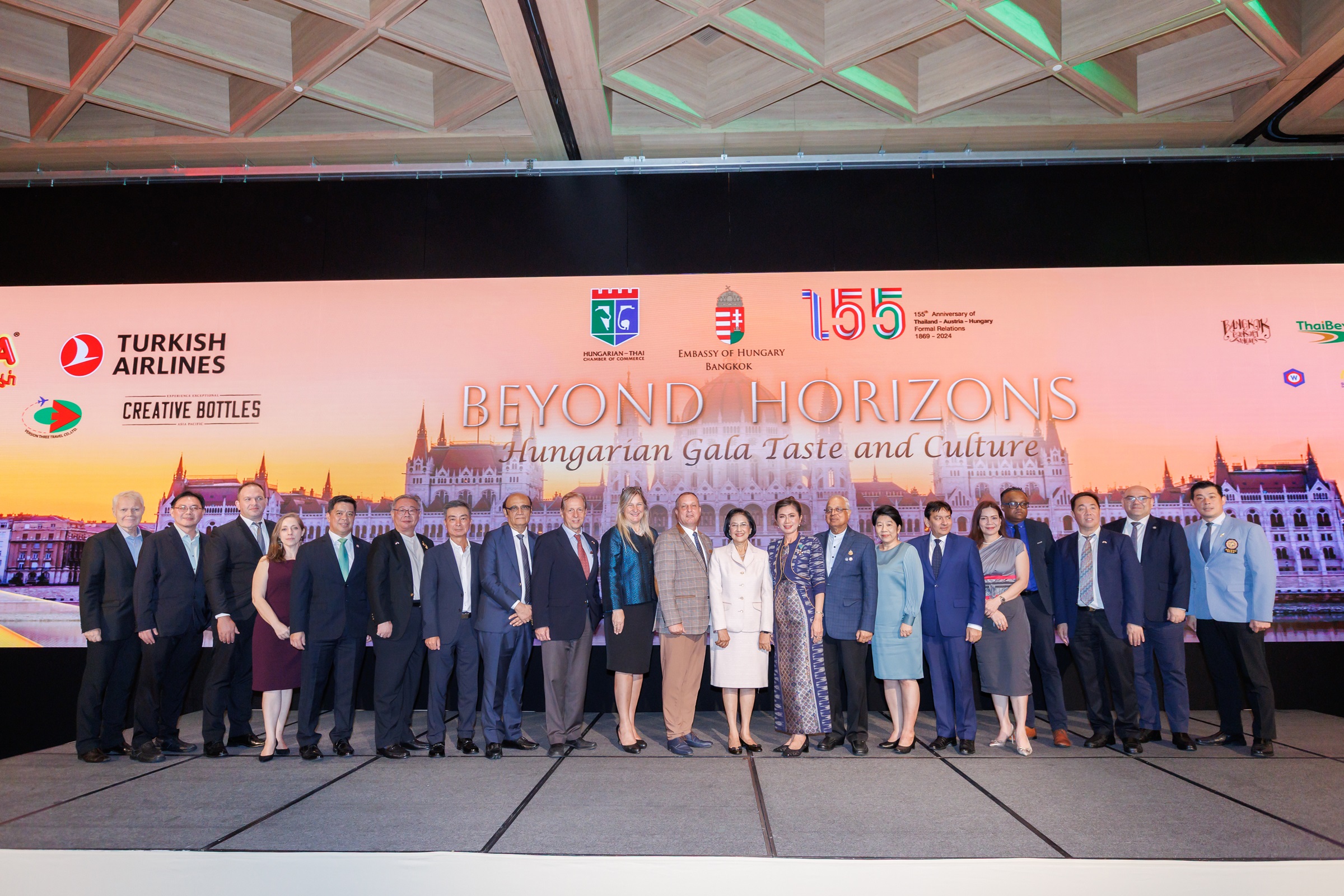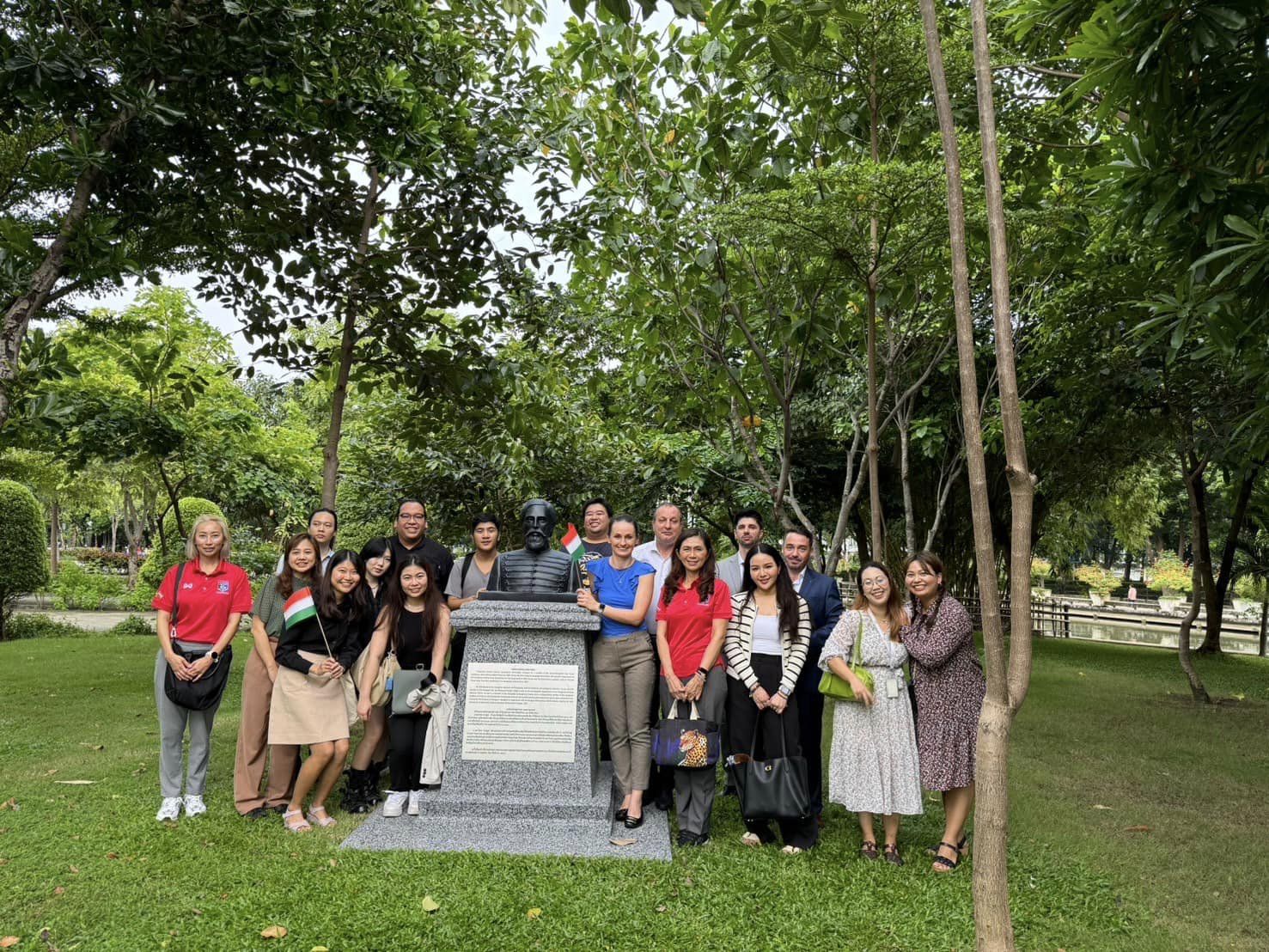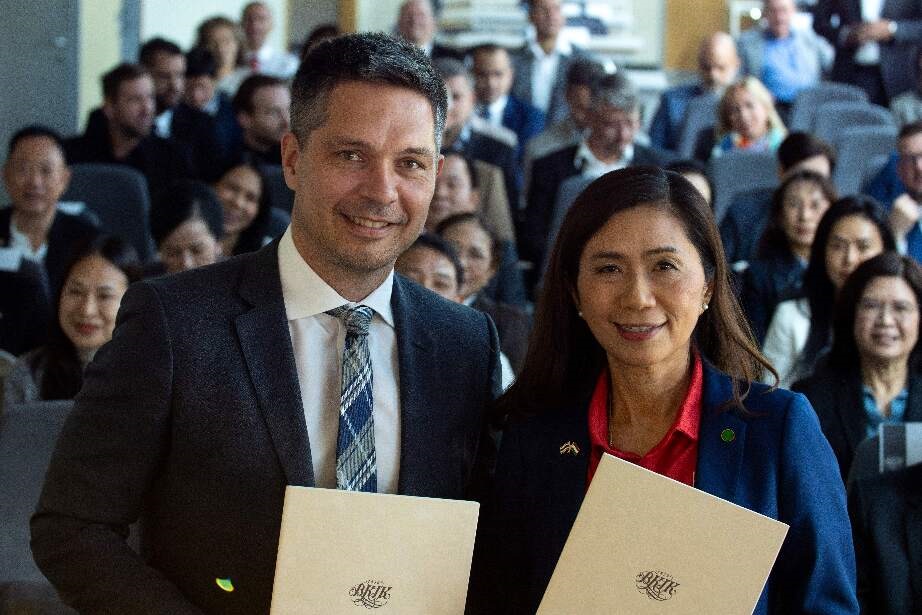

The Nobel Prize in physiology or medicine for this year has been conferred upon Katalin Karikó and Drew Weissman, lauding their groundbreaking work on mRNA vaccines, which played a pivotal role in combatting the COVID-19 pandemic. The prestigious honor was announced by the Nobel Prize committee in Sweden on Monday.
Their 2005 paper, initially overlooked, laid the foundation for the development of mRNA vaccines, marking a turning point in our understanding of how mRNA interacts with the immune system. The Nobel committee hailed their contributions, stating that they facilitated the unprecedented pace of vaccine development during the pandemic, saving countless lives and enabling societies to reopen.
Katalin Karikó, a Hungarian-American biochemist, and Drew Weissman, an American physician, both professors at the University of Pennsylvania, pioneered the mRNA vaccine technology, which was later adopted by companies like Pfizer, BioNTech, and Moderna. This revolutionary technology not only transformed the fight against COVID-19 but also offers hope for combating other diseases like malaria, RSV, HIV, and even personalized cancer vaccines.
Messenger RNA, a temporary genetic code that instructs cells to produce proteins, is at the heart of mRNA vaccines. Unlike traditional vaccines, mRNA vaccines do not require live or attenuated viruses; they only need the genetic sequence. This flexibility and speed make mRNA vaccines a promising platform for various infectious diseases and even therapeutic proteins.
J. Larry Jameson, UPenn’s School of Medicine executive vice president, praised their work as life-changing and pandemic-altering. The Nobel Prize announcements will continue throughout the week, covering physics, chemistry, literature, and economics, with the Nobel Peace Prize to be announced in Norway on Friday.
Katalin Karikó’s journey to this Nobel recognition began in Hungary in the 1970s. After relocating to the United States with her family, her persistence in mRNA research, despite setbacks and skepticism, eventually led to this groundbreaking discovery.
Their pioneering work on mRNA vaccines, heralded as a game-changer in the fight against COVID-19 and a platform with potential far beyond the pandemic.
Reference: Origo.hu




